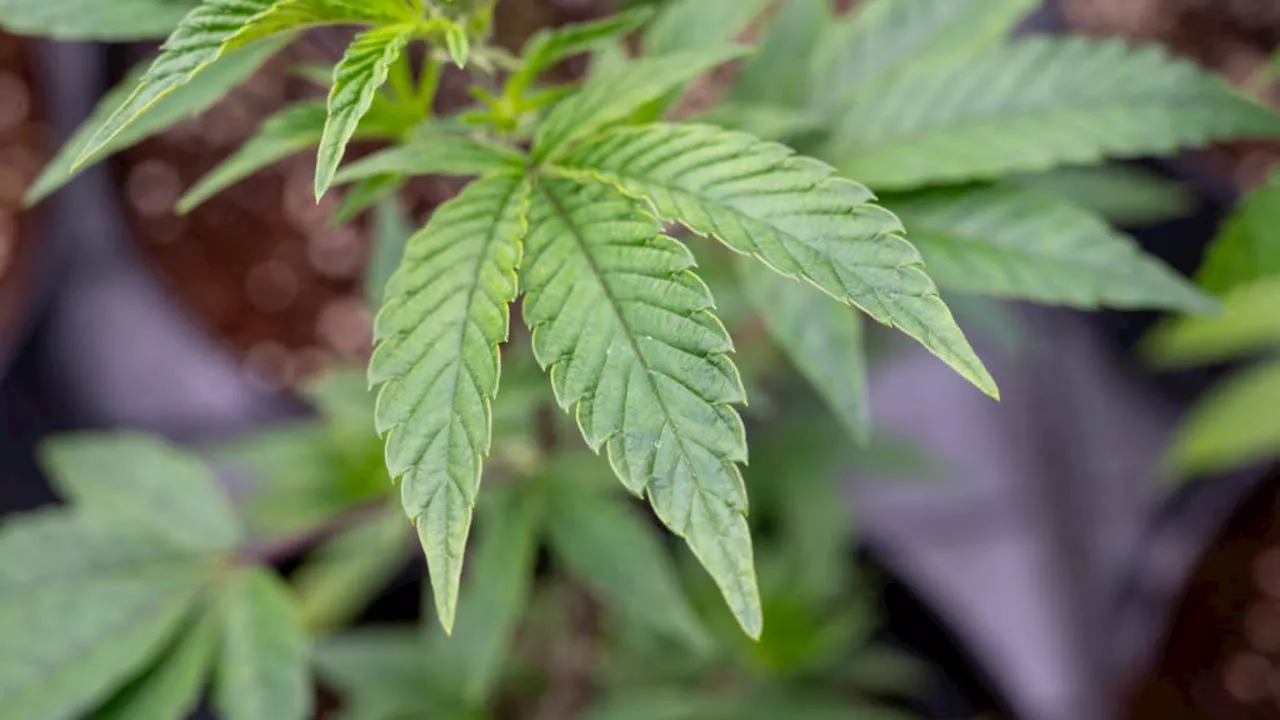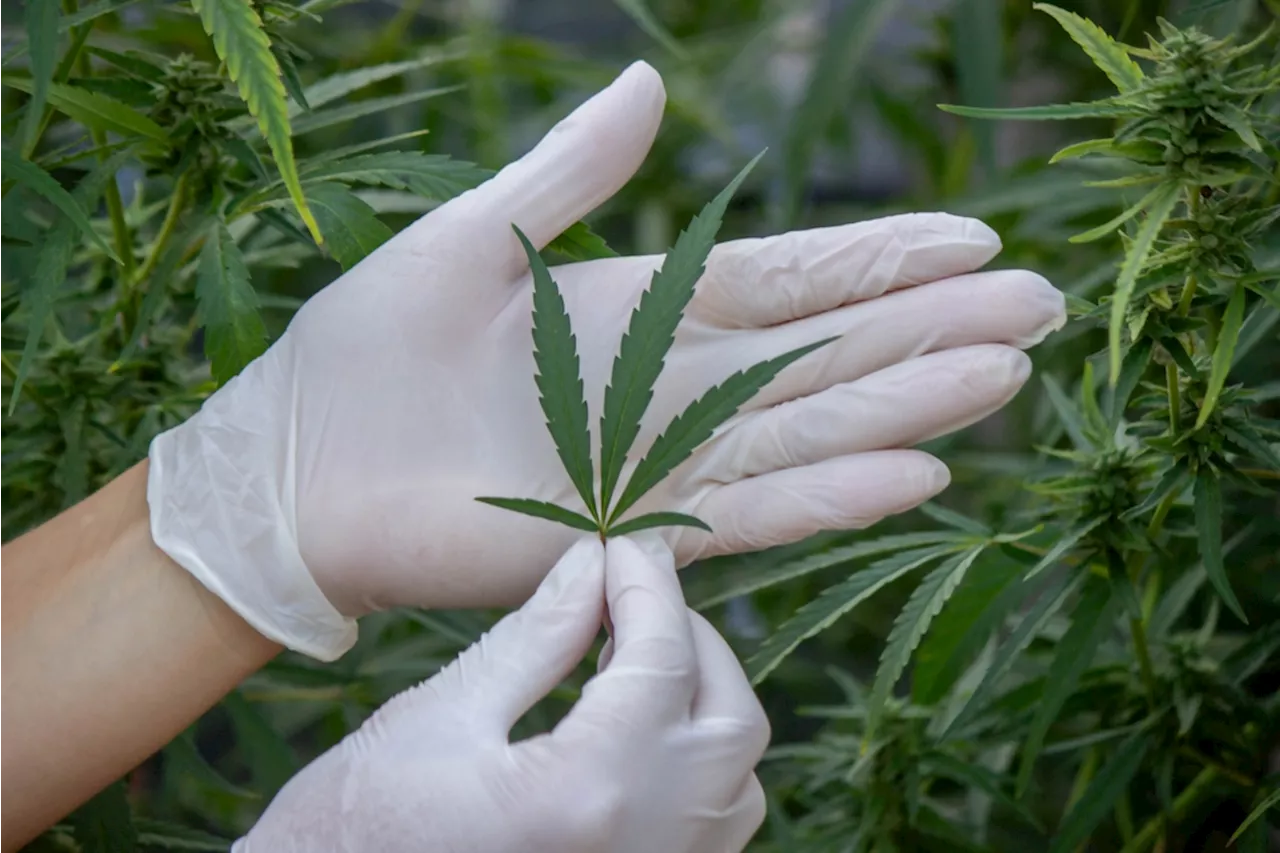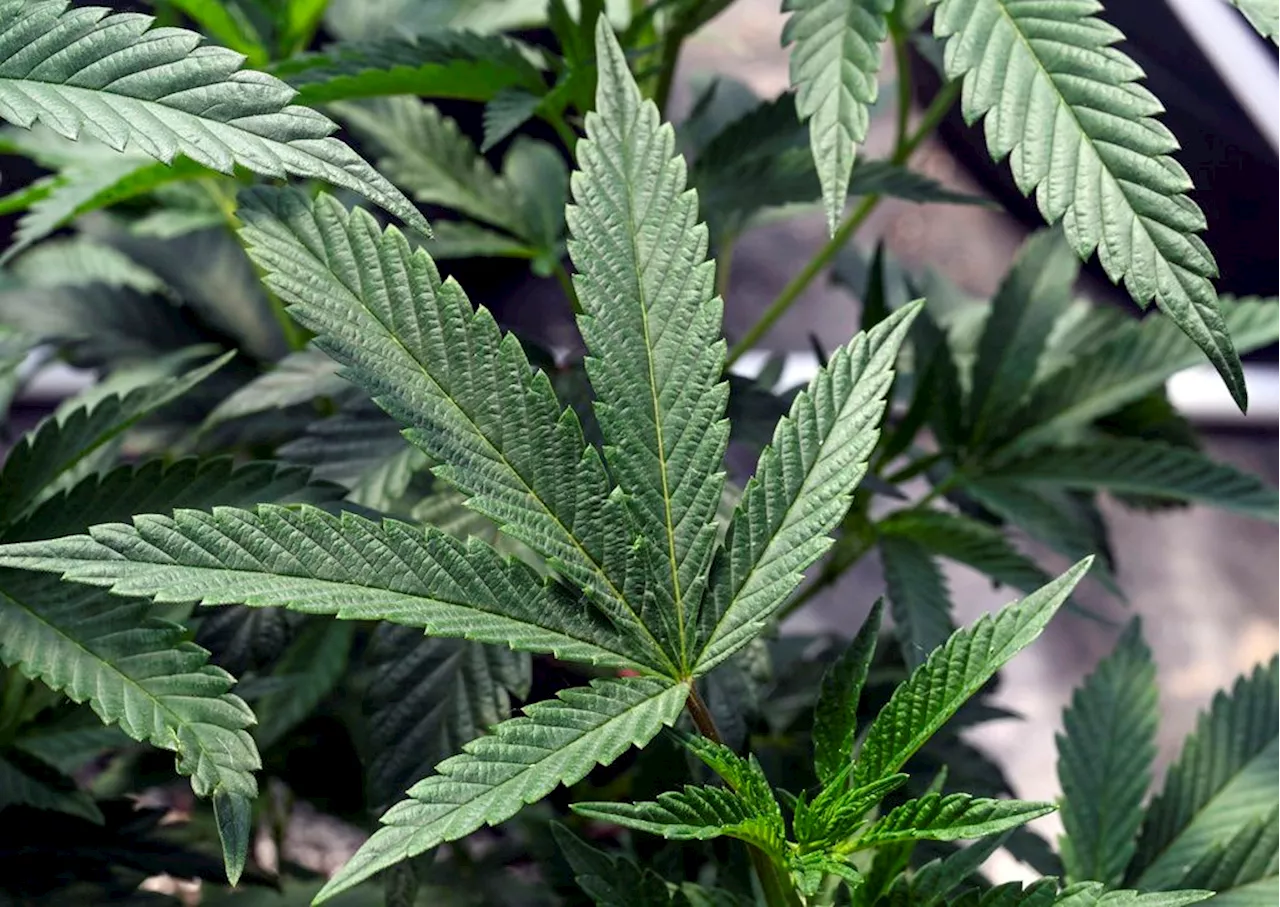A new study reveals how networks in the cerebral cortex, the brain's largest part, detect new information by comparing it with expectations, offering insight into disorders like schizophrenia.
A study sheds light on how networks in the brain detect new information, offering insight into disorders like schizophrenia.
"This study gives a great deal of insight into the role of the cerebral cortex, and into diseases like schizophrenia where the cortex seems to be malfunctioning," Yuste said, noting that it also helps clarify important processes in the normal brain."Novelty is the difference between what you predicted will happen and what actually occurred.
"This is a leap forward in understanding how the brain does such a good job of detecting novelty," said Yuste, noting that the model that Shymkiv created builds on the ideas of John Hopfield, who won the Nobel Prize last year for building neural network models and pioneering artificial intelligence.
NEURAL NETWORKS BRAIN FUNCTION SCHIZOPHRENIA NOVELTY DETECTION SENSORY PROCESSING
United States Latest News, United States Headlines
Similar News:You can also read news stories similar to this one that we have collected from other news sources.
 Heavy Cannabis Use Linked to Reduced Brain Activity and Working Memory IssuesA new study published in JAMA Network Open suggests that heavy cannabis use can negatively impact working memory. Researchers at the University of Colorado Anschutz Medical Campus found that 63% of heavy lifetime cannabis users showed reduced brain activity during a working memory task, while 68% of recent users also demonstrated a similar impact. The study, which involved over 1,000 young adults aged 22 to 36, used brain imaging technology to observe neural responses during cognitive tasks. Researchers noted a statistically significant effect on brain function during working memory tasks, particularly in areas associated with decision-making, memory, attention, and emotional processing.
Heavy Cannabis Use Linked to Reduced Brain Activity and Working Memory IssuesA new study published in JAMA Network Open suggests that heavy cannabis use can negatively impact working memory. Researchers at the University of Colorado Anschutz Medical Campus found that 63% of heavy lifetime cannabis users showed reduced brain activity during a working memory task, while 68% of recent users also demonstrated a similar impact. The study, which involved over 1,000 young adults aged 22 to 36, used brain imaging technology to observe neural responses during cognitive tasks. Researchers noted a statistically significant effect on brain function during working memory tasks, particularly in areas associated with decision-making, memory, attention, and emotional processing.
Read more »
 Largest study ever done on cannabis and brain function finds impact on working memoryA new study explores the effects of both recent and lifetime cannabis use on brain function during cognitive tasks. The study, the largest of its kind ever to be completed, examined the effects of cannabis use on over 1,000 young adults aged 22 to 36 using brain imaging technology.
Largest study ever done on cannabis and brain function finds impact on working memoryA new study explores the effects of both recent and lifetime cannabis use on brain function during cognitive tasks. The study, the largest of its kind ever to be completed, examined the effects of cannabis use on over 1,000 young adults aged 22 to 36 using brain imaging technology.
Read more »
 Heavy Cannabis Use Linked to Reduced Brain Activity in Working Memory TasksA new study, the largest of its kind, reveals that heavy cannabis use is associated with reduced brain activity during working memory tasks, suggesting that the negative consequences of heavy cannabis use may be more significant than previously thought. Researchers studied around 1,000 young adults, using MRI to monitor brain activity. They found that 63% of heavy cannabis users (defined as those who had used cannabis over 1,000 times in their lifetime) demonstrated reduced brain activity during working memory tasks, leading to poorer performance. While the study cannot definitively prove causation, it highlights the potential cognitive impacts of heavy cannabis use.
Heavy Cannabis Use Linked to Reduced Brain Activity in Working Memory TasksA new study, the largest of its kind, reveals that heavy cannabis use is associated with reduced brain activity during working memory tasks, suggesting that the negative consequences of heavy cannabis use may be more significant than previously thought. Researchers studied around 1,000 young adults, using MRI to monitor brain activity. They found that 63% of heavy cannabis users (defined as those who had used cannabis over 1,000 times in their lifetime) demonstrated reduced brain activity during working memory tasks, leading to poorer performance. While the study cannot definitively prove causation, it highlights the potential cognitive impacts of heavy cannabis use.
Read more »
 Heavy Marijuana Use Linked to Reduced Brain Activity and Working MemoryA new study published in JAMA Network Open suggests that regular marijuana use can negatively impact brain activity, particularly in areas associated with working memory. Researchers found that heavy lifetime cannabis users exhibited reduced brain activity during working memory tasks, correlating with poorer performance in retaining and using information.
Heavy Marijuana Use Linked to Reduced Brain Activity and Working MemoryA new study published in JAMA Network Open suggests that regular marijuana use can negatively impact brain activity, particularly in areas associated with working memory. Researchers found that heavy lifetime cannabis users exhibited reduced brain activity during working memory tasks, correlating with poorer performance in retaining and using information.
Read more »
 Meditation induces changes in deep brain areas associated with memory and emotional regulationFindings provide insight about its potential as a noninvasive therapy.
Meditation induces changes in deep brain areas associated with memory and emotional regulationFindings provide insight about its potential as a noninvasive therapy.
Read more »
 No, Memory Loss Is Not Normal—How To Protect Your BrainThis article explores the reasons behind memory loss and its relationship with aging. It emphasizes that memory loss is not a normal part of aging and provides actionable steps to protect your brain health.
No, Memory Loss Is Not Normal—How To Protect Your BrainThis article explores the reasons behind memory loss and its relationship with aging. It emphasizes that memory loss is not a normal part of aging and provides actionable steps to protect your brain health.
Read more »
